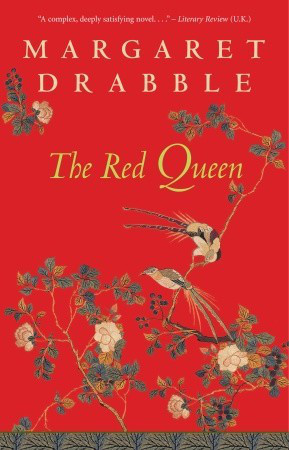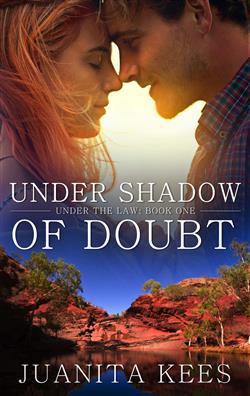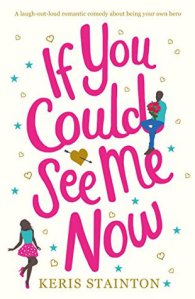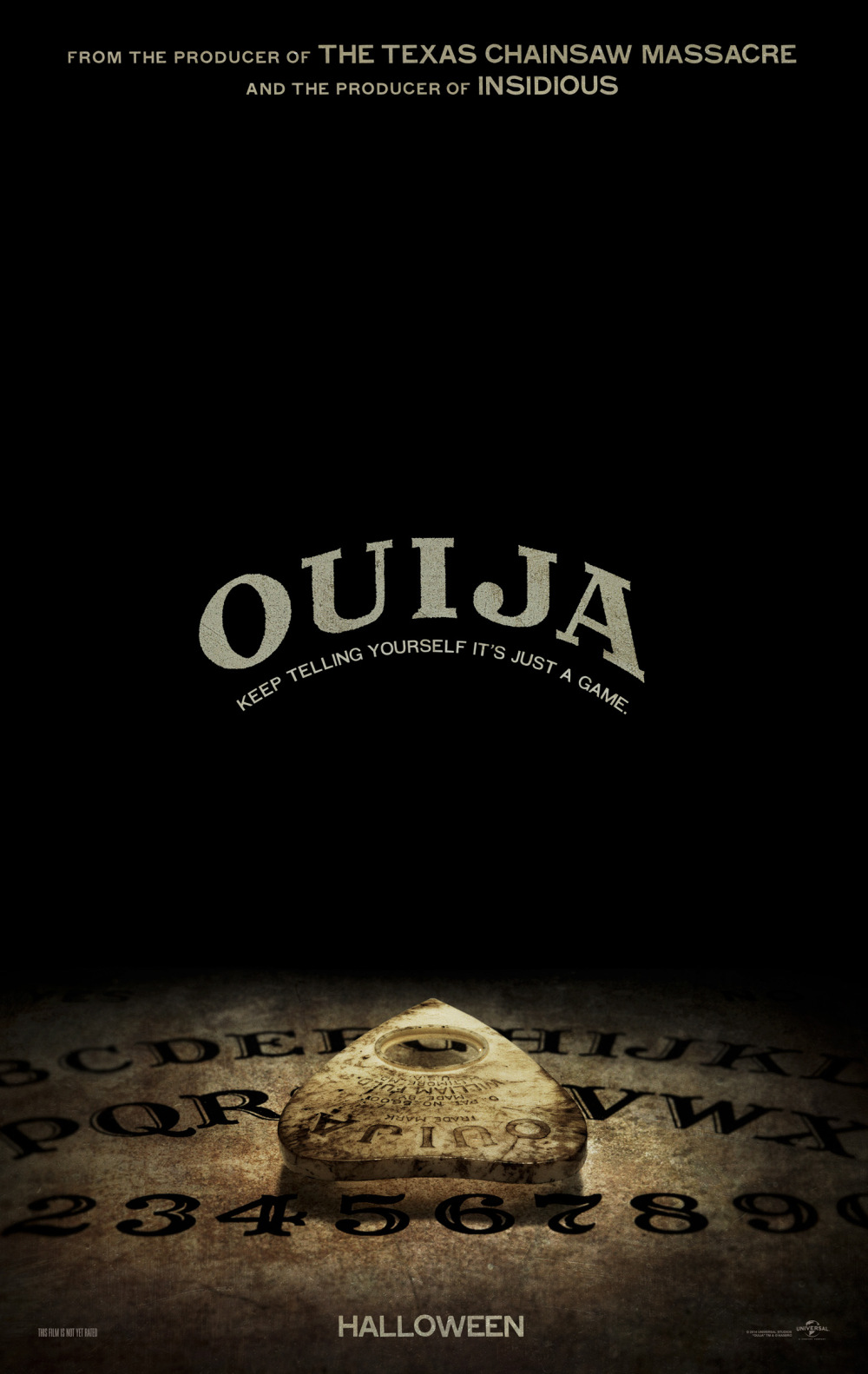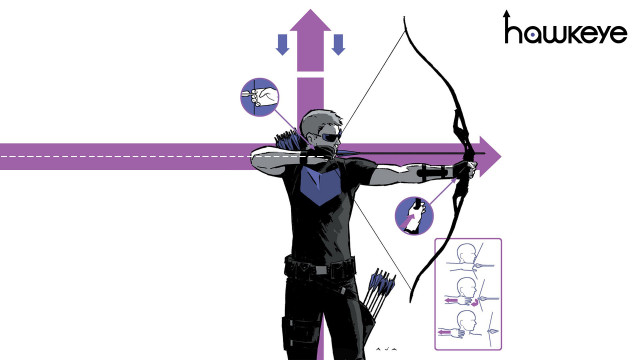Don’t.
Until next time,
Mr. Sax
P.S.
Well.
After two months of putting off this review, I was going to finally scrap it when I spotted the book at Target a few days before the official release date.
I felt as though I’ve failed you, dear reader. I felt like Unferth getting cucked out of his epic showdown with Grendel. I set out on this review because it was my duty to warn you that this book’s writing is fucking awful, and I’ve failed.
See, back when I started this review months ago, the last two books I had read were bad, which I’m sure was reflected in my reviews. Believe it or not, I don’t like reading bad books. Sure, shitposting about this book on Tumblr was kinda fun, but I don’t like to read bad books for the sake of it — that’s what I do with movies.
So, yeah, I didn’t finish The Plague Land back then, and I have no intention of doing so now. I got to page seventy-seven, which had a total of fourteen ellipses, and clocked out. I only finished the chapter because my laundry wasn’t done, which rounds off my total to eighty pages, more than enough for me to formulate a decent opinion.
But in the end, perhaps my short temper and attention span are both good things – not only is this review spoiler-free (with one exception, which I’ll warn you for), but because this review will be posted far closer to this book’s release date of early December.
As I finally edit this review, which was initially going to be include probably over one thousand words of stylistic analysis, it is 2:34 a.m. on December 6th, 2017. Which means I’ve missed the book’s supposed release date. I wish I had some epic, emotional “Whatcha Gonna Do?”-level payoff for this delay, but in truth all I can offer is that I have been, essentially, grieving. School got in the way of this review in October, but November was dedicated almost wholly to mourning.
No, nobody died. I don’t want to get into too much detail, but to make a long story short: I don’t think people who have never experienced depression can ever truly understand how much energy it takes to not suck off a shotgun.
Where was I? Oh yeah, don’t buy this book. In case you couldn’t tell from the fourteen ellipses, the writing is bad, to the point that I’m honestly upset with the editor cashing their check knowing that such blatant issues were left in.
While the plot (from what I read) was developing along at a steady clip and even sparkled with occasional bits of genuinely-good and so-bad-it’s-good characterization, the publishers clearly do not respect your time and money enough to fix the blindingly-obvious flaws in Scarrow’s style, so don’t give it to them.
I say “publishers” and not Scarrow himself because I’m not convinced this book actually was edited, at least on a line-by-line level. I don’t think Scarrow is pulling a Mario Puzo on us and has only written this book to become a bestseller — this book feels a lot more like A Court of Wings and Ruin, in that it has flaws so obvious that the editor must have been black-out drunk as they skimmed through the manuscript. Any editor who gives the smallest iota of a fuck about their job should have been able to point out that having 147 ellipses in only 80 pages was a bit too much.
Yes, I counted the ellipses. I think I started counting when I found a page with five of them short ways into the novel…then I found a page with eight…..and then I found a page with fourteen………….
Oh yeah, and since this an ARC, I should mention that I snatched it off the YA table at the AJC book festival; there was no expectation of a review in exchange for my acquisition of this book. But what else are ya gonna do with an ARC?
So, what is The Plague Land even about?
Leon and his younger sister, Grace, have recently moved to London from New York and are struggling to settle into their new school when rumors of an unidentified plague in Africa begin to fill the news. Within a week, the virus hits London. The siblings witness people turning to liquid before their eyes, and they run for their lives.
A month after touching Earth’s atmosphere, the virus has wiped out most of the population. Desperate to stay alive, Leon and Grace are reluctantly taken in by a tight-knit group of survivors. But as they struggle to win their trust, the siblings realize that the virus isn’t their only enemy, and survival is just the first step…
This description is from Amazon, and leaves out a crucial plot detail: “But what scares Leon the most is the way the virus moves – like it’s adapting. Like it has an agenda.” The virus’s unofficial appellation is Super Ebola/ EbolaMax, but honestly I think it would have been better named after a particular Grossology villain. This leads to some particularly gory but memorable scenes which wouldn’t feel out of place in a Clive Barker-directed flick. In this aspect, the book The Plague Land reminded me most of was Dan Wells’ I Am Not A Serial Killer, which also dances the line between YA and adult with its gore. If you are sensitive to gore and body horror, this book’s imagery will probably make you a little sick.
The book’s structure was pretty standard for a globetrotting thriller: brief chapters alternating between the protagonist and the people doing the actually interesting shit. Each scene served a clear purpose and, like I said, the plot was progressing at a steady clip.
As also aforementioned, there were bits of characterization I liked, although not always for the reason I think Scarrow intended. Leon, his mother, and his little sister Grace have moved back to England following his parents’ divorce, and from what I’d read, Leon’s feelings towards his adulterous father had a refreshing amount of complexity. At first, Leon misses his father (prompted by his observation that Grace is already socially surpassing him), and downplays the affair by positing the ole “it takes two to tango” excuse. Later on, however, when his father tries to message him on Facebook, Leon is already fed-up with his bullshit. Furthermore, when his father tries to call him the following day, Leon shifts the blame back onto his father’s infidelity.
I can already hear less observant readers decrying this as inconsistent characterization, but as someone with poor relationships with my own parents, I found this to be an incredibly realistic portrayal, especially with the little nuance that Leon only misses his father when he’s feeling emasculated.
(I also can’t blame him; his dad seems a little creepy. He’s so concerned for Leon’s safety in the aforementioned Facebook conversation that he begins the conversation with “have you downloaded any pictures of Latesha-X?” I was honestly surprised I didn’t immediately find a porn site when I googled that.)
That was the genuinely good bit of characterization. The rest was honestly unintentionally hilarious. Leon just gets so fucking salty whenever he’s reminded that his little sister is better than him at everything– including, apparently, heating up spaghetti in the microwave, — that I couldn’t help but laugh.
 Artist’s depiction of Leon.
Artist’s depiction of Leon.
Like with his parents, I too understand what’s it like to have a younger sibling outshine you socially, but Leon, my man, here’s a little bit of advice: get gud.
I also physically cringed at a few places, such as the revelation that Leon’s cognomen is Monkeynuts, and that he regularly visits conspiracy forums. Is Leon a 9/11 truther? Genuine question. I’m not trying to be judgmental or anything…

Jokes aside, questions like that really impeded my ability to take the book as seriously as it seemed to want me to. I mean, there’s only so seriously you can take a text when you’ve written “cucked by a 12-yr-old” in the margins five times before the hundred-page mark.
P.P.S. While originally this was meant to be the segment where I dissected some passages as examples of how not to write, I decided against it, partially because all my ire being so directed inward has robbed me of my willingness to thoroughly shit on the art of someone who is both a) alive to see it and b) not espousing views like “there’s no problem with killing women for fun” (I love being an English major). What’s the harm?
Yeah, the way the writing style changes around page 80 or chapter 16 or whatever wasn’t well-implemented, but the idea behind it was good – changing the writing style to mark a new, alien point of view. Good idea, bad execution, whatever. Go watch CloudCuckcooCountry’s videos on The Violinist of Venice if you want that sort of analysis, because almost everything he says applies to this section of The Plague Land.
Again, the mistakes made were so obvious that I’m far more upset with the editors and publishing house for ignoring them, which I think does a disservice not only to the consumer, but the writer as well. For the most part, Scarrow has done his job; his editor simply hasn’t done theirs.
I mentioned I Am Not A Serial Killer earlier, but upon further reflection, the story this most reminds me of is a fanfiction by an old friend of mine (and no, I’m not linking it, because you couldn’t get me to openly talk about my special interest at gunpoint). Both were adventure stories that utilized frequent ellipses, so much so that one paragraph of my friend’s story had ten of them. It got bad.
The reason I can still reread that fic from time to time is because a) it had an interesting writing style in comparison to other fics in our fandom, and b) it developed its characters and made me care about them before the ones and zeros of its writing style became so glaring. (You can’t say that I already cared about the characters because it was a fanfiction, because the protagonist was a character I hated at the time.)
The paragraph with ten ellipses? That was in the penultimate chapter.
Broken record here, but the passage with fourteen ellipses wasn’t even eighty pages in.
Scarrow’s style is also very reminiscent of the average past-tense fanfiction– not necessarily bad, just unimpressive. I could complain about that, but honestly, no one cares. E.L. James and Cassandra Clare are both hugely successful authors; you cannot tell me the general reading public gives a single fuck about fanfic-tier prose. Besides, were it not for the punctuation abuse, the style would have achieved its desired goal of blending into the background of this horror-tinged thriller.
For all my compassion, admittedly I’ve still shitted on Scarrow a lot here, but the purpose of drawing this final comparison between TPL and my friend’s old fanfiction is not to further execrate. My point is to end on a more hopeful note: Scarrow has potential. The pacing was good, the characterization refreshing, and the subtle feminist theming intriguing.
The salient problem with The Plague Land is that Scarrow reveals the flaws of his style before the reader has a chance to become truly invested. That paragraph my friend wrote was the despairing speech of a man who had just watched his son die. Scarrow’s passage, while depicting a tense conversation, was not so dramatic that it required such indulgent writing. From the very first pages of The Plague Land, the artifice of the drama was as transparent as glass, and until Scarrow either gains more confidence in his writing or his editor completes rehab, his works are not worth the shelf space they’ll occupy.
Still, it’s an easy enough fix. He has potential, and in a few years I may be interested enough to see where his career has taken him.
Assuming I’m not trying out some good ole-fashioned Mexican therapy.
Until next time,
Mr. Sax
Advertisements Share this:

